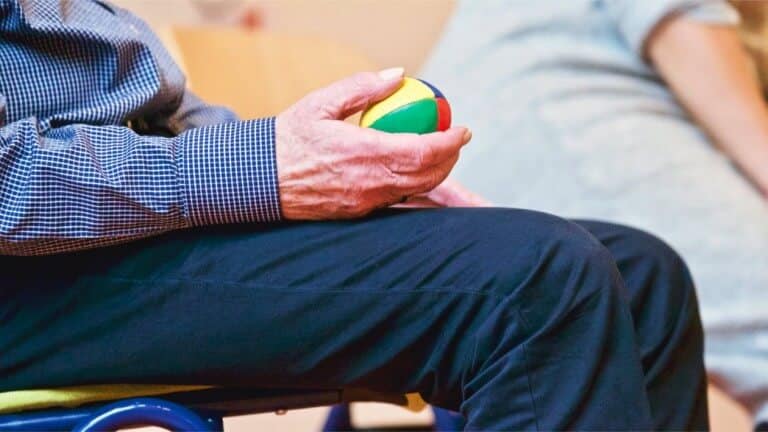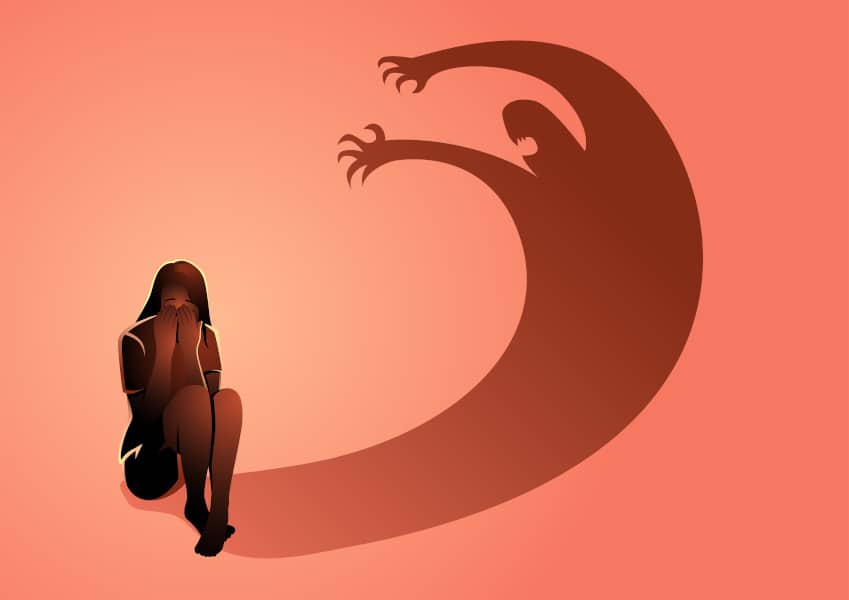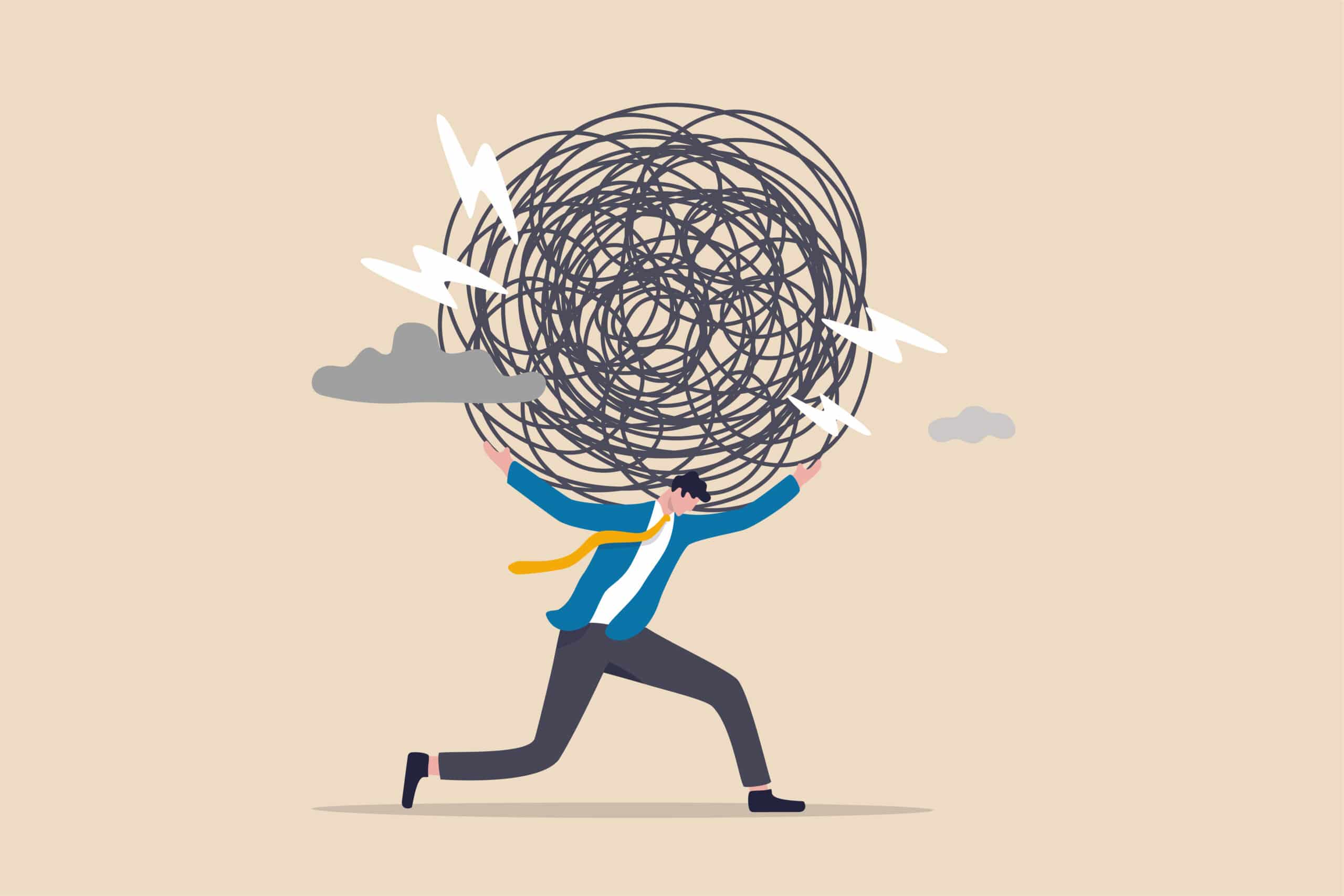
Discharge planning is an organized treatment plan for a client preparing for life after leaving rehabilitation. Addiction or mental health treatment doesn’t end when a client graduates from a residential or outpatient treatment program. In fact, life after treatment is when recovery truly begins and motivation and recovery skills are really put to the test. Lifeskills South Florida aims to teach our clients skills such as relapse prevention, self-monitoring, and emotional regulation in order to live a healthy and independent life in recovery.
Discharge planning is a very critical aspect of Lifeskills treatment plans which are all individualized according to each client’s needs. For that reason, the criteria for discharge will vary as will the length of stay at our residential facility. The more extensive the discharge planning and the more levels of care a client completes, the greater the likelihood that they will make a full recovery from their condition. Some of the most successful aftercare treatment modalities include transitional housing, outpatient addiction and mental health treatment, recovery coaching, medication management, and 12 step and other support group meetings.
Transitional Living/ Sober Living
Transitional housing is commonly referred to as “step down housing” and is a living arrangement that helps clients slowly ease back into home, school and work life. Having 24/7 awake staff on the transitional campus allows Lifeskills to provide the largest array of support. With support on-site day and night, clients are monitored, given curfews, emotional support, coached, given random drug tests and access to the Lifeskills continuum of care. Here they will begin attending various support groups and 12 step meetings. Clients are required to be socially involved in employment, volunteering or education, depending upon their circumstances.
12 Step and Support Groups
12 step meetings and support groups should be seen as a way for a person in recovery to make new friends, develop a support system and learn practices to improve their recovery. These types of groups are often uplifting and will help individuals find the motivation needed to stay in recovery for the long haul. Some of the most popular 12 step meetings and support groups include Alcoholics Anonymous, Narcotics Anonymous, SMART Recovery, Celebrate Recovery, Al-Anon family groups, the Depression and Bipolar Support Alliance, the Anxiety and Depression Association of America.
Outpatient Addiction and Mental Health Treatment
Outpatient treatment has been proven to be the most successful immediately following a 60-90 day stay at a residential treatment center. However, some clients either aren’t able to afford residential treatment, don’t qualify or have too many outside responsibilities to complete a residential stay. In those cases, outpatient treatment becomes the next best option. There are two core treatment programs offered at most outpatient treatment centers; partial hospitalization and intensive outpatient programs. Both programs are similar and will provide the client with a mixture of individual and group therapy that utilize methods like cognitive behavioral therapy and dialectical behavior therapy. Outpatient treatment programs allow clients to commute to treatment while still living at home and are a perfect fit for the high functioning client.
Recovery Coaching/Sponsorship
Sponsors and recovery coaches are individuals that are often in recovery themselves. Their primary function is to help people new to recovery transition to life after treatment. Not only are they a friend to lean on in recovery but they’re also someone that will hold individuals accountable to make wise choices and stay on their recovery plan. It is not uncommon for sponsors and recovery coaches to attend support meetings with the person they’re mentoring in recovery. Lifeskills transitional living services encourage close support and interaction with sponsors and recovery coaches.
Medication Management
Many individuals are on a maintenance dosage of medications as they leave treatment and enter the community. This is no different than someone with diabetes being on insulin. Some diseases are life long and need maintenance medication. Other individuals may have the ability to taper their medication as symptoms reduce. It’s important that the clinical staff at a treatment center teach a client the risks and benefits associated with each medication as well as ways to prevent the misuse of the medication.
To supplement our residential treatment program, Lifeskills South Florida also offers outpatient treatment at our second location in Delray Beach, Florida. We currently offer a weekly family support group led by our family therapists through Go-To-Meeting or a Conference Line. Please contact us below to learn more about the admissions process or schedule a tour of the facility. Our admissions staff will answer all of your questions and help schedule the initial assessment. We welcome most major insurance plans but do not accept Medicare or Medicaid.


